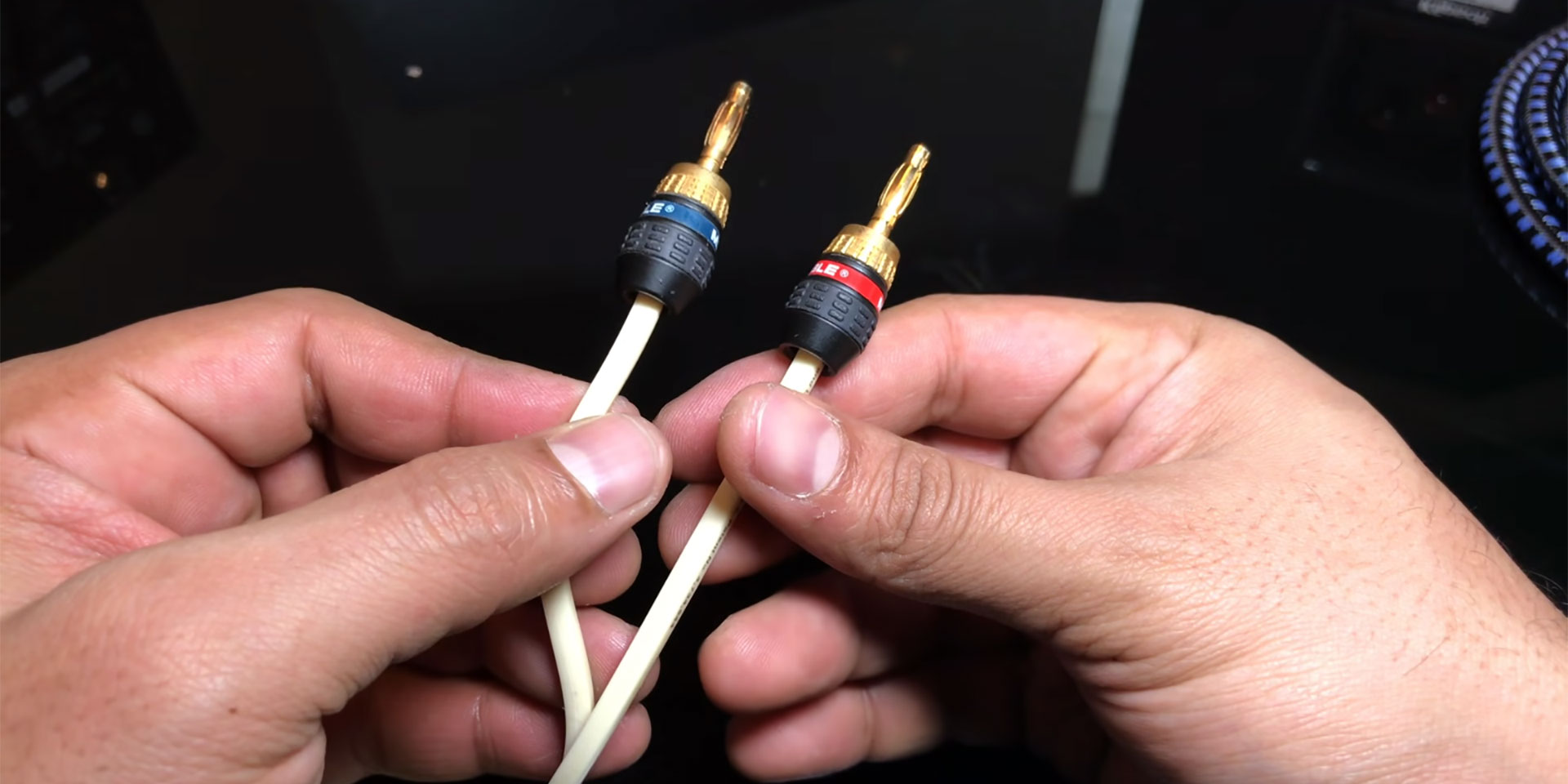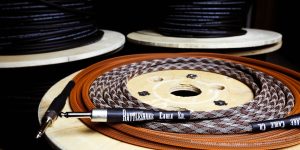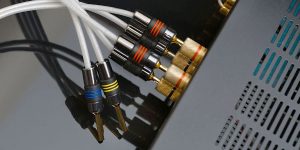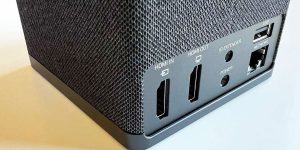When you’re setting up a home theater system or just want better sound quality from your stereo, you’ll likely be looking to purchase some speaker wire. But with all the different options available, it can be tough to decide which type of wire is best for your needs. Especially since the speaker cable thickness can make a difference and affect the outcome of the system’s overall performance.
So in this article, we’ll take a look at the pros and cons of using thicker speaker wire and help you decide if it’s the right choice for you.
What is a speaker wire gauge?
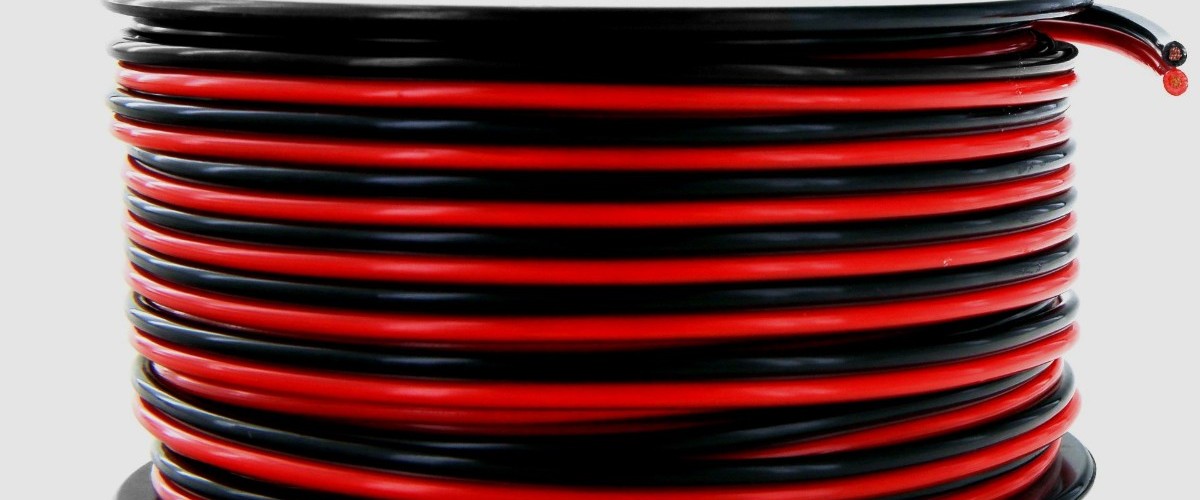
The thickness, or gauge, of speaker wire is measured in American Wire Gauge (AWG). The thicker the wire, the lower the AWG number. For example, a 12-gauge speaker wire is thicker than a 16-gauge speaker wire.
Factors that determine wire thickness
There are a few factors that you’ll want to keep in mind when deciding on the thickness of your speaker wire.
Cable length and distance
The most important factor is the distance between your speakers and your receiver or amplifier. The further the distance, the thicker the wire you’ll need. Thicker speaker wire has less resistance and, therefore, less signal loss over longer distances, which can directly affect sound quality.
- For distances up to 50 feet: 16-gauge speaker wire is sufficient.
- For distances up to 100 feet: a 12-gauge speaker wire will work best.
- For distances longer than 100 feet: you’ll need to use thicker wire, such as 10-gauge or 8-gauge.
Impedance and resistance
The impedance of your speakers and the resistance of your speaker wire will also play a role in deciding which thickness is best. Impedance is measured in ohms, and resistance is measured in ohms per 1000 feet (or milliohms per foot). So the lower the impedance and resistance, the thicker the wire you’ll need.
For example, if you have 8-ohm speakers and your speaker wire has a resistance of 16 ohms per 1000 feet, then you’ll need to use at least a 12-gauge speaker wire.
Power handling capacity
Another factor where the speaker wire gauge matters is the power that the speakers can handle. If you have powerful speakers that require a lot of power, you may need to use thicker wire to prevent signal loss. But, again, consult the manufacturer’s specifications to get an accurate idea of how much power your speakers can handle.
Other factors determine wire thickness
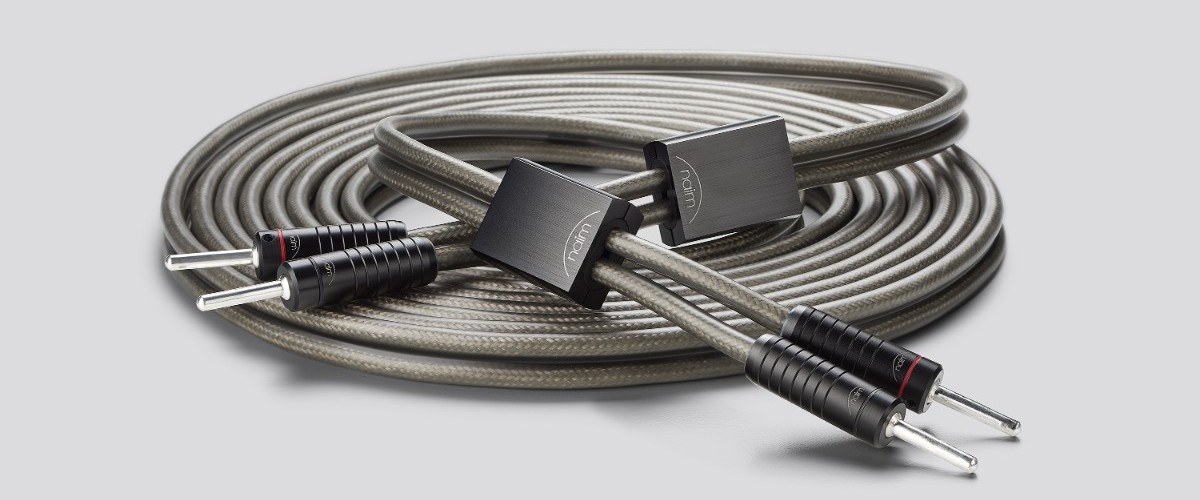
In addition to the factors mentioned above, there are a few other things that can affect the thickness of the speaker wire you need:
Wire core material
The wire core can be made from different materials, such as copper or aluminum. Copper is the better conductor, but aluminum is often used in speaker wire because it’s cheaper.
Frequency response
The frequency response of your speakers will determine how much power they need. If your speakers have a wide frequency range, they’ll require more power, and you’ll need to use thicker wire.
Type of insulation
The type of insulation on the speaker wire can also affect its thickness. For example, thicker wire is often needed for in-wall or outdoor applications because it needs to withstand more wear and tear.
When to use thicker speaker wire
There are a few situations where you might need to use thicker speaker wire:
- Running wire over a long distance: if the distance between your speakers and receiver is more than 50 feet, you’ll need to use thicker wire.
- Having powerful speakers: if your speakers are powerful and require a lot of power, you may need to use thicker wire.
- Having a high-end stereo system: if you have a high-end stereo system with expensive equipment, you may want to use thicker wire to get the best sound quality possible.
When to use thinner speaker wire
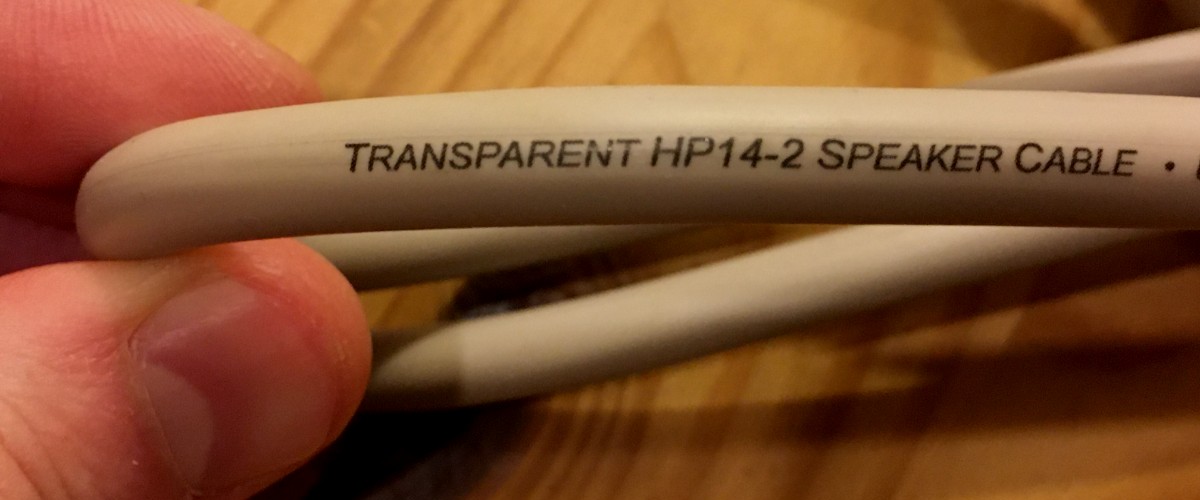
There are also a few situations where you might want to use thinner speaker wire:
- Running wire under the carpet or through walls: If you’re running wire under the carpet or through walls, you may want to use thinner wire to make it easier to hide.
- Having small speakers: If your speakers are small and don’t require a lot of power, you can use thinner wire.
- If you’re on a budget:Thinner wire is usually less expensive than thicker wire, so if you’re on a budget, you may want to use 16-gauge speaker wire.
Pros and cons of using thicker wire
Now that we’ve looked at the different factors that determine the thickness of speaker wire, you may be wondering if the thicker wire is always better. The answer is no. While thicker wire has some advantages, there are also some potential drawbacks that you’ll need to consider.
Advantages of thicker wire
The biggest advantage of using thicker speaker wire is that it minimizes signal loss. It is because thicker wire has less resistance than thinner wire. As a result, thicker wire can carry a stronger signal over longer distances with less loss.
Another advantage of thicker speaker wire is that it can handle more power. It is important to have powerful speakers that require a lot of power to reach their full potential.
Disadvantages of thicker wire
One of the potential disadvantages of using thicker speaker wire is that it can be more difficult to work with. In addition, the thicker wire is less flexible and can be more difficult to route through your home.
Another potential disadvantage of thicker speaker wire is that it’s more expensive than thinner wire. Again, it is because it requires more material to make thicker wire.
What gauge speaker wire should I use?
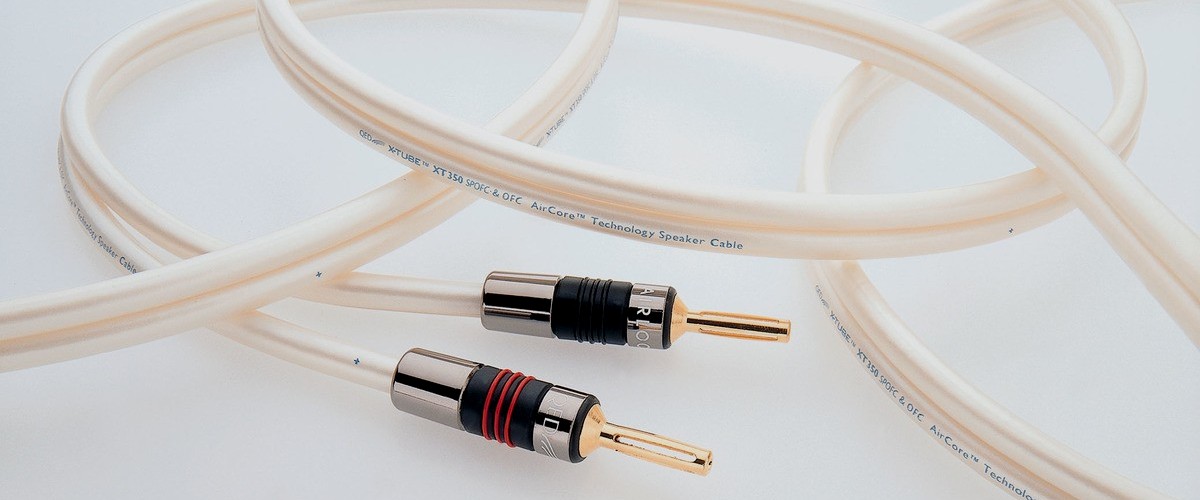
There is no single “best” speaker wire on the market. Instead, the best speaker wire for your needs will depend on various factors, such as the distance between your speakers and receiver, the power requirements of your speakers, and your budget.
When choosing speaker wire, it’s important to look for a product made from high-quality materials and designed to minimize signal loss. You should also make sure that the wire gauge is appropriate for your needs.
If you’re looking for a good all-purpose speaker wire, we recommend the Monoprice 10 Gauge Speaker Wire. This product is made from high-quality materials and is designed to minimize signal loss. It’s also a great value for the price.
If you need a more heavy-duty speaker wire, we recommend the AmazonBasics 16 Gauge Speaker Wire. This product is made from thicker gauge wire, making it ideal for long runs or applications where power is a concern.
No matter what type of speaker wire you choose, make sure that it is rated for in-wall use if you plan on running it through your walls.
Now that you know more about speaker wire, you should be able to choose the right product for your needs. Keep in mind the distance between your speakers and receiver, the power requirements of your speakers, and your budget when making your decision. With so many options on the market, you’re sure to find a perfect speaker wire for your setup.

